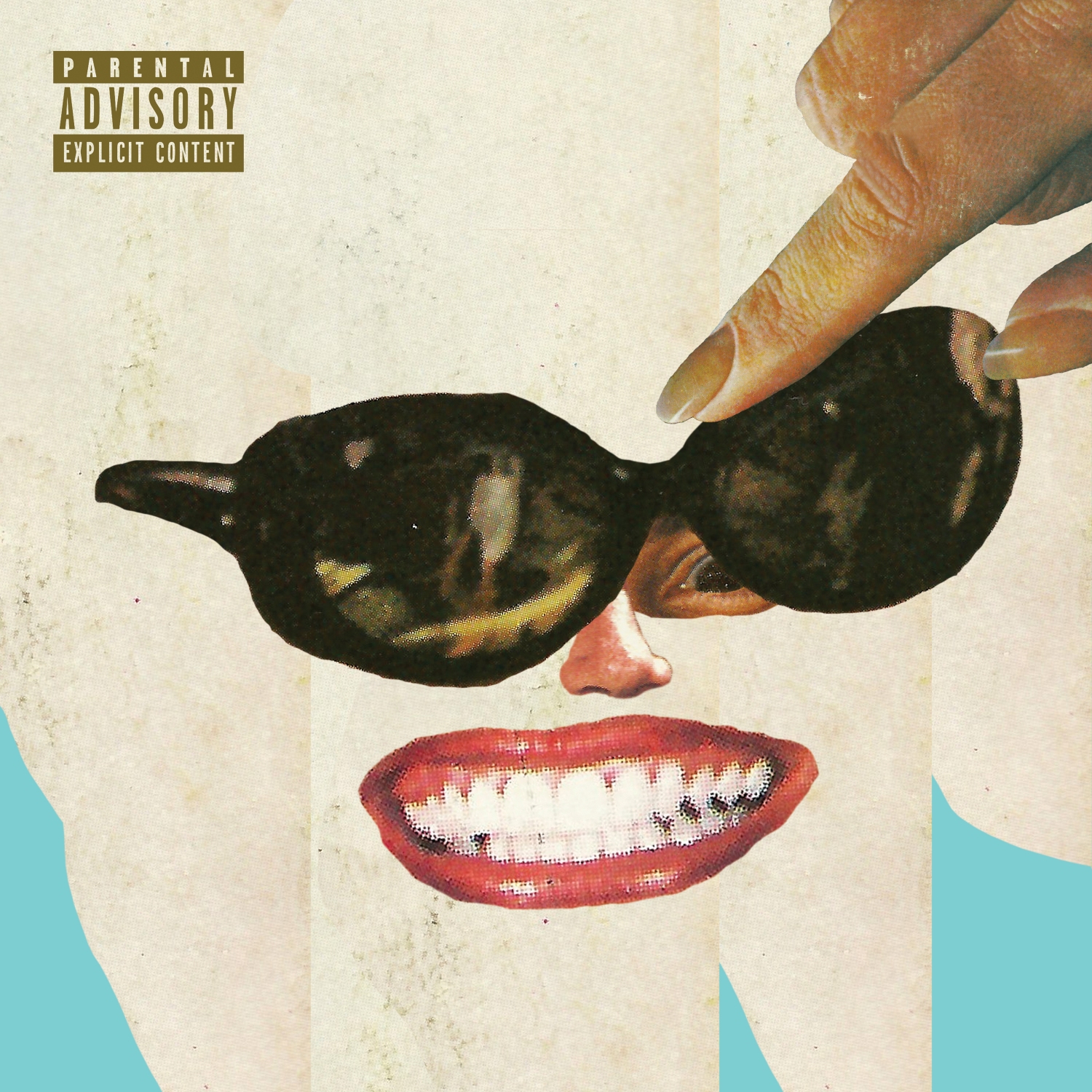That theme song from Silicon Valley? The incredible off-kilter synthpop played on a ribbon? That’s Tobacco – the enigmatic front-man who started life with Pittsburgh’s Black Moth Super Rainbow. Perhaps unfairly overlooked among some circles as another acid-laden, synth driven indie-psych band in the same era as Late Of The Pier and every mum’s favourite MGMT.
What set BMSR aside from the others, however, was their unconventional attack on a number of genres; folk would become folktronica, synthpop would become ambient techno and yet there would always be a recurring psychedelic theme throughout their work. BMSR’s is a trip which for the most part would entail staring at your shoes and being lost in the innerspace, rather than be taken for a trip to the outer reaches.
Deep. I know.
Panic Blooms brings the band back after a six year gap from their Kickstarter funded Cobra Juicy and it feels that Tobacco has brought his influences as a solo musician into the fold a little more this time. That’s understandable given just how prolific the composer has become since garnering attention for his work on the popular Mike Judge comedy. Ever defiant though, the musical output is once more as case of musical ipseity – this is the kind of music Black Moth Super Rainbow make. These are the nuances and idiosyncracies that have drawn people like moths to the flame (I feel ashamed to use that analogy. I apologise). Why should we change when other people can meet us where we are.
There is no compromise to the work the collective put out. Yet Panic Blooms somehow manages to capture the interests not only of those uninitiated with the band, but perhaps uninitiated with the down-tempo genre itself. The album has an overall lo-fi film of grit across the production of the album; almost akin to a grindhouse movie. This audibly sandy approach somehow enhances the feel of some of the more hazier songs with “Bottomless Face” achieving more than the swathe of Xanax-induced Soundcloud producers with their attempts at opaque orchestration.
But rooted at the core of the album is a fundamental sense of dreamy optimism; “New Breeze” has those upbeat slacker-pop hooks hidden in the mist and “We Might Come Back”, replete with it’s Super Famicon-esque melodies, ensure that the Black Moth’s newest release is incredibly accessible… eccentric, rather than erratic… angular rather than abrasive.
That sense of being lost in one’s innerspace is that of personal euphoria – an incredibly stark contrast to the often loud, bombastic nature than psychedelic music can have. Panic Blooms errs from the absurdist undertones of Tobacco’s polemic output (throat slashing grinding samples against the gentler ribbon overtures, sometimes on one album) and instead presents a Dadaist approach to folk, ambient and experimental electronica.














No Comment